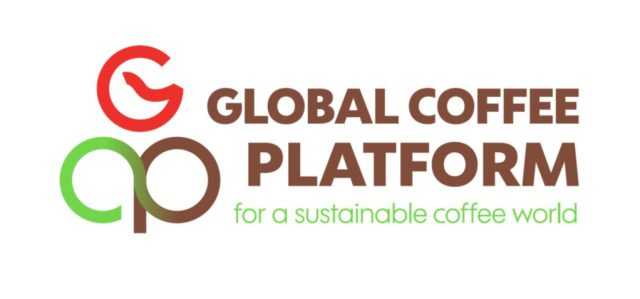BONN, Germany – The International Labour Organization’s (ILO) Vision Zero Fund (VZF) and the Global Coffee Platform (GCP) have established a collaborative partnership to promote improvements in occupational safety and health (OSH) in the global coffee value chain, helping to reduce the risks faced daily by millions of coffee workers around the world.
Through this partnership, ILO VZF and GCP will work together to increase awareness of the risks and practical solutions related to OSH and encourage global and national stakeholders to promote, practice and ensure safe and healthy working conditions.
ILO VZF and GCP play a complementary role in promoting sustainable, responsible, and inclusive workplace practices in the coffee sector. That’s why, on this year’s International Coffee Day, the ILO VZF launched the #CoffeePeople campaign and a social media challenge around the theme “promoting the right to a safe and healthy working environment in the coffee supply chain”.
The ongoing campaign will seek the direct involvement of producing and consuming countries, international organizations active in the coffee sector, coffee companies, and celebrities.
Gelkha Buitrago, GCP’s Director of Programs and Corporate Partnerships, remarked that ensuring OSH along the coffee value chain is “essential to producing sustainable coffee”. The importance of OSH is reflected in the social pillar of the Coffee Sustainability Reference Code (Coffee SR Code), as well as the upcoming EU Corporate Due Diligence Directive.
“The signing of this partnership is very timely as the right to a safe and healthy working environment was recognized as a fundamental principle and right at work by the ILO last year,” said ILO VZF’s Global Programme Manager, Ockert Dupper.
“We are looking forward to sharing the research, tools and lessons learned that the Fund has amassed from its past five years of work on OSH in coffee supply chains. To do this, we are implementing a global communications campaign with the support of our partners.”
“This partnership will help to advance the GCP 2030 Goal of transformational change on the prosperity of more than one million farmers through sustainable coffee, and will contribute to GCP’s strategic work through its network of coffee sustainability platforms in producing countries” said Buitrago.
Collaboration and commitment
By developing this partnership, GCP and ILO VZF are building on a previous successful collaboration to strengthen OSH in Vietnam’s coffee sector. The work has contributed to one of the main strategies of the GCP Country Plan for Farmer Prosperity in Vietnam – to accelerate the social sustainability of coffee production.
With the fund’s support, GCP in Vietnam is coordinating the revision of the Vietnamese National Sustainability Curriculum (NSC) for Arabica, which will be integrated with up-to-date information on OSH.
NSC are country-level guidelines on good agricultural and sustainability practices for coffee farming used by public and private extension services and are being revised to align with the Coffee SR Code (2021), a common language for the sector to collectively advance farmers’ prosperity, social well-being, and the conservation of nature.
NSC contextualize the Coffee SR Code to the national coffee sector and are therefore a vital tool for alignment on what constitutes sustainable production and building farmers’ capacity.
Lessons from this GCP and ILO VZF collaboration will be shared with the GCP Network of Country Platforms, which spans 10 of the world’s key coffee producing countries.
Other examples of GCP’s efforts to promote social well-being as integrated part of sustainable coffee advancement include a GCP Collective Action Initiative on Social Well-being in Brazil, which focuses on improving the living and working conditions of coffee farming communities.

















